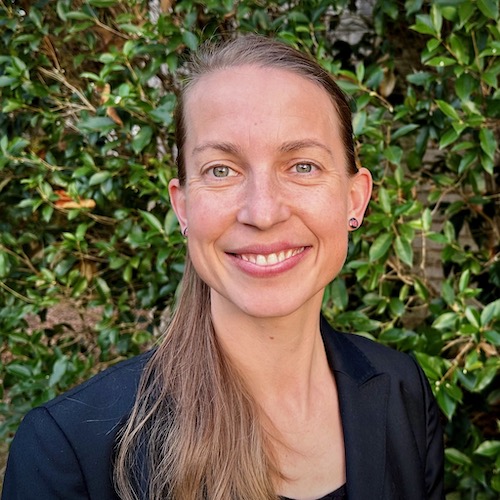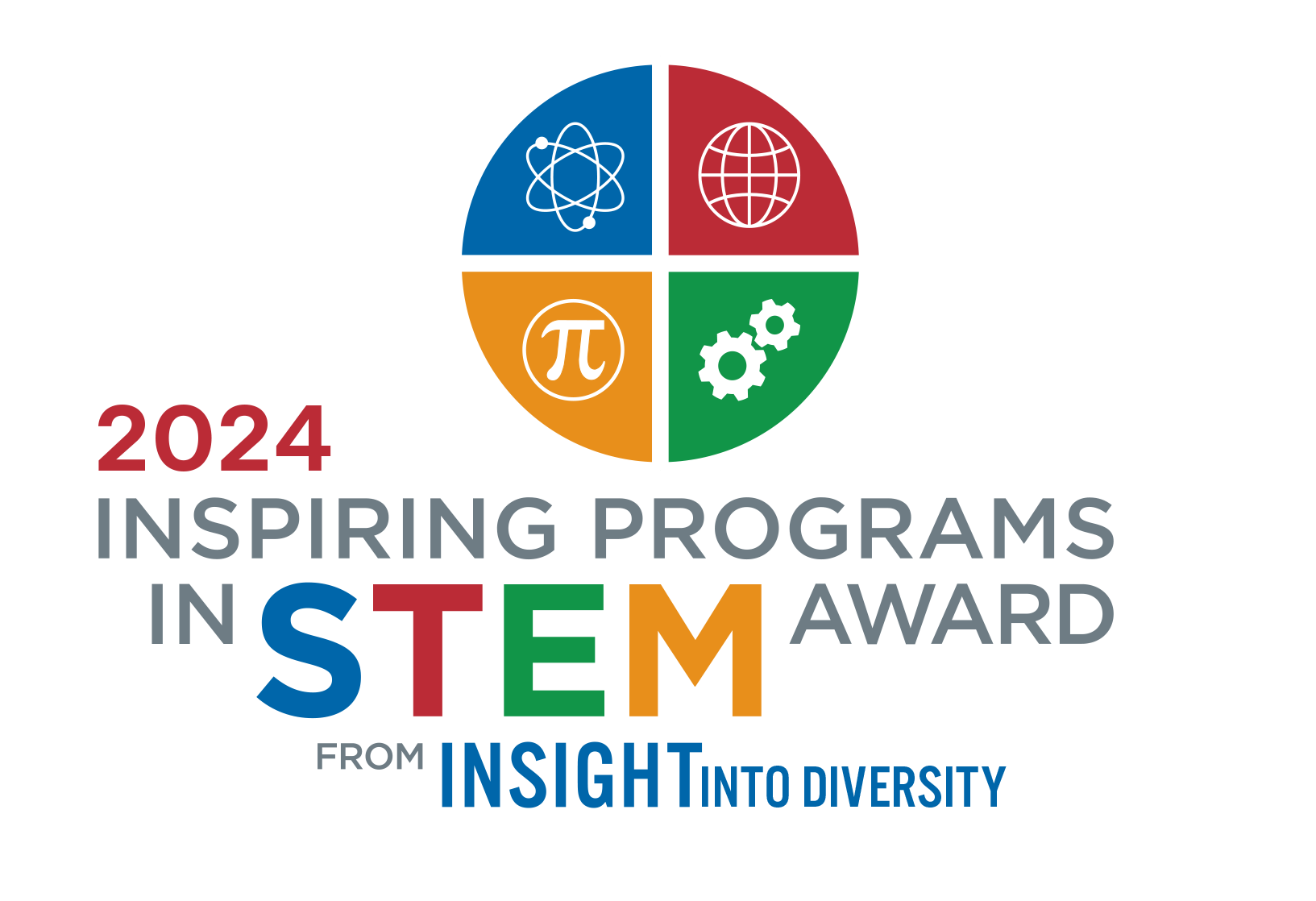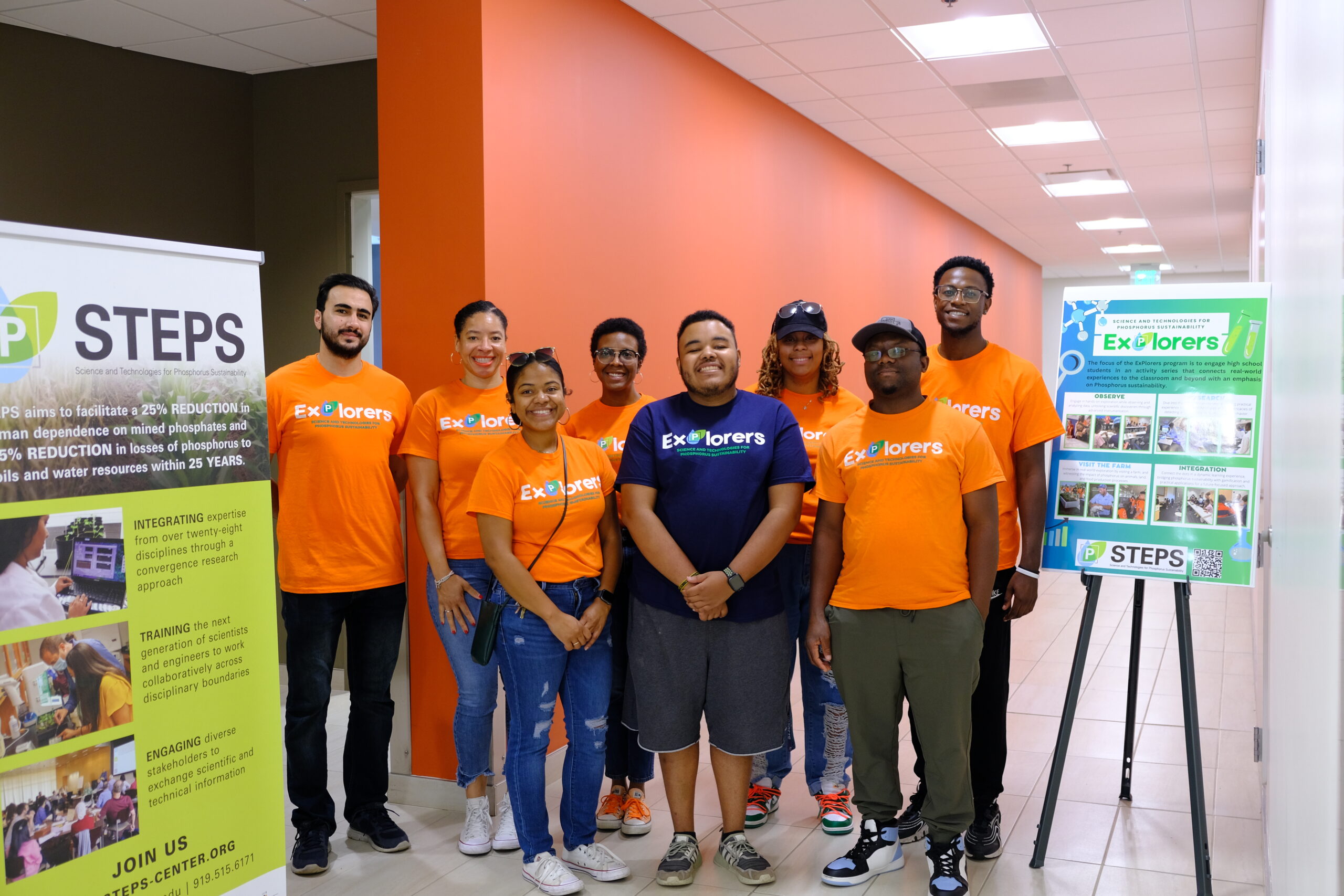STEPS KT Co-Director Khara Grieger awarded Broadening Participation Medal

By: Heather Frantz
Khara Grieger, assistant professor in the Department of Applied Ecology at NC State, has been awarded the STEPS Center Broadening Participation Medal. This award recognizes efforts to foster diversity and inclusion in the Center.
The NSF-funded STEPS (Science and Technologies for Phosphorus Sustainability) Center is an interdisciplinary convergence research center dedicated to improving phosphorus use efficiency and decreasing losses to soils and water resources. As the STEPS Knowledge Transfer Co-Director, Grieger is the bridge between various stakeholders and academic researchers focused on phosphorus sustainability. To guide meaningful, applicable research, she and her team have evaluated the needs and concerns of various stakeholder groups, ranging from industrial, municipal, agricultural, and regulatory sectors.

Grieger’s prioritization of diversity, equity, and inclusion (DEI) in her research is multifaceted. Among other activities, she has built a diverse team at NC State, and has served on the Applied Ecology department’s Diversity, Equity, and Inclusion Committee (2020-2023). She currently leads a STEPS-funded project that develops best practices for engaging diverse stakeholders within inclusive settings. This project aims to determine how to bring everyone to the table, minimize power dynamics, and gather diverse perspectives in the pursuit of phosphorus sustainability.
In addition to her role in STEPS, Grieger serves as an Executive Committee Member of the Genetic Engineering and Society Center, and is the Project Director of a USDA/NIFA-funded grant on the role of genetic engineering and nanotechnology to secure more sustainable food and agriculture systems. Leveraging this work, Grieger is co-leading the development of a stakeholder workshop Sustainable Agri-Food Technology Summit (SAFTS) held on May 21, 2024, that brings together diverse perspectives to discuss the role of novel, complex agrifood technologies in securing sustainable food and agriculture systems. All are welcome to participate, and can register online by April 30.
This article was originally posted in Applied Ecology News.



